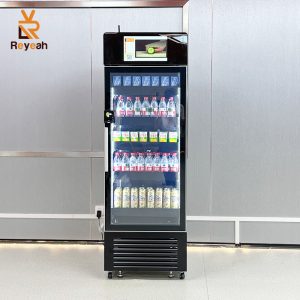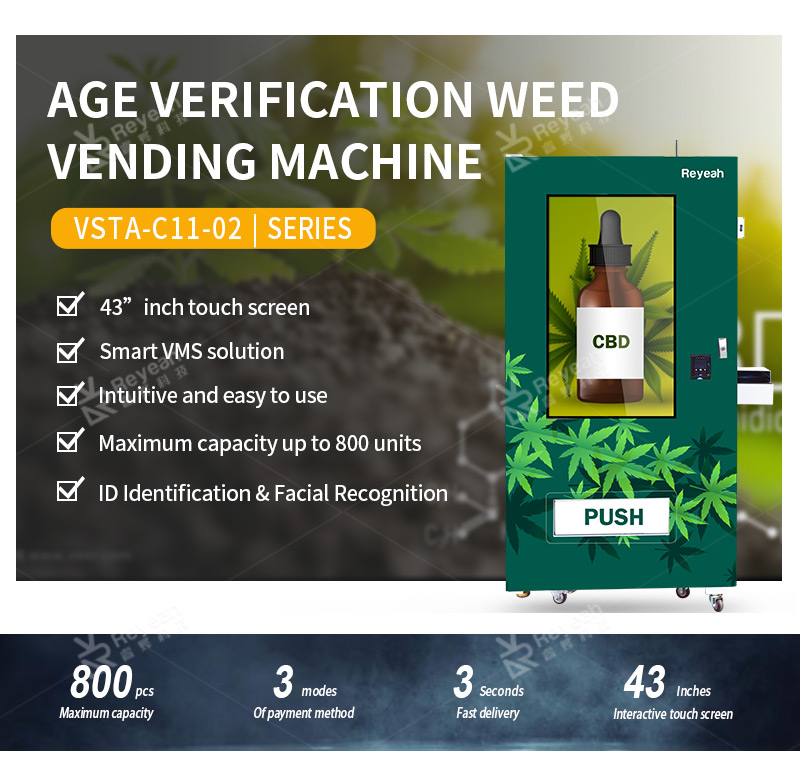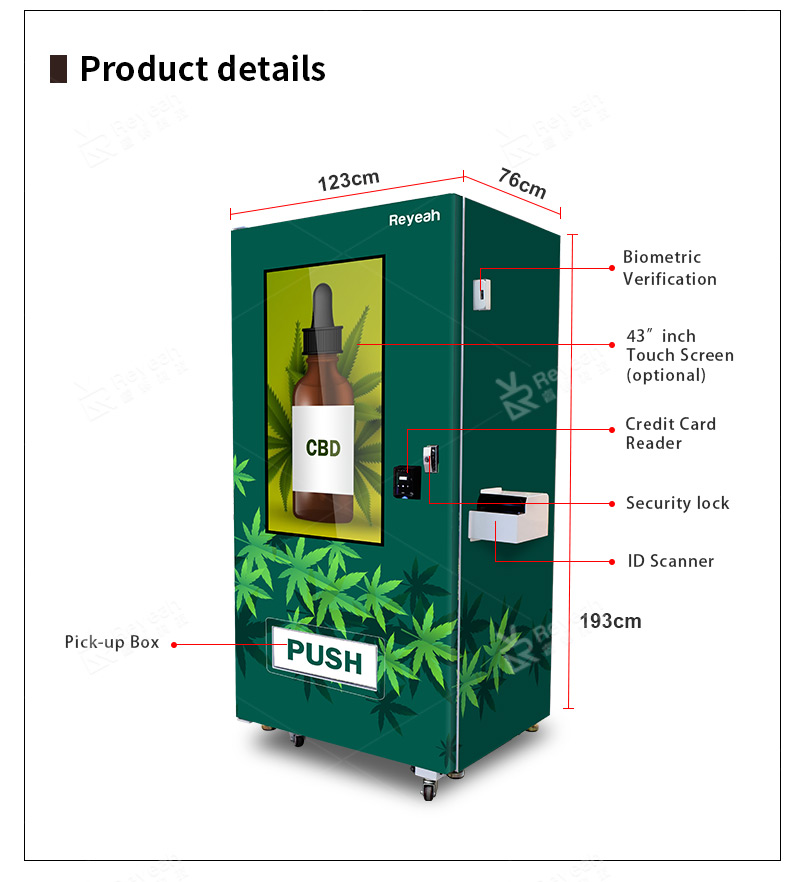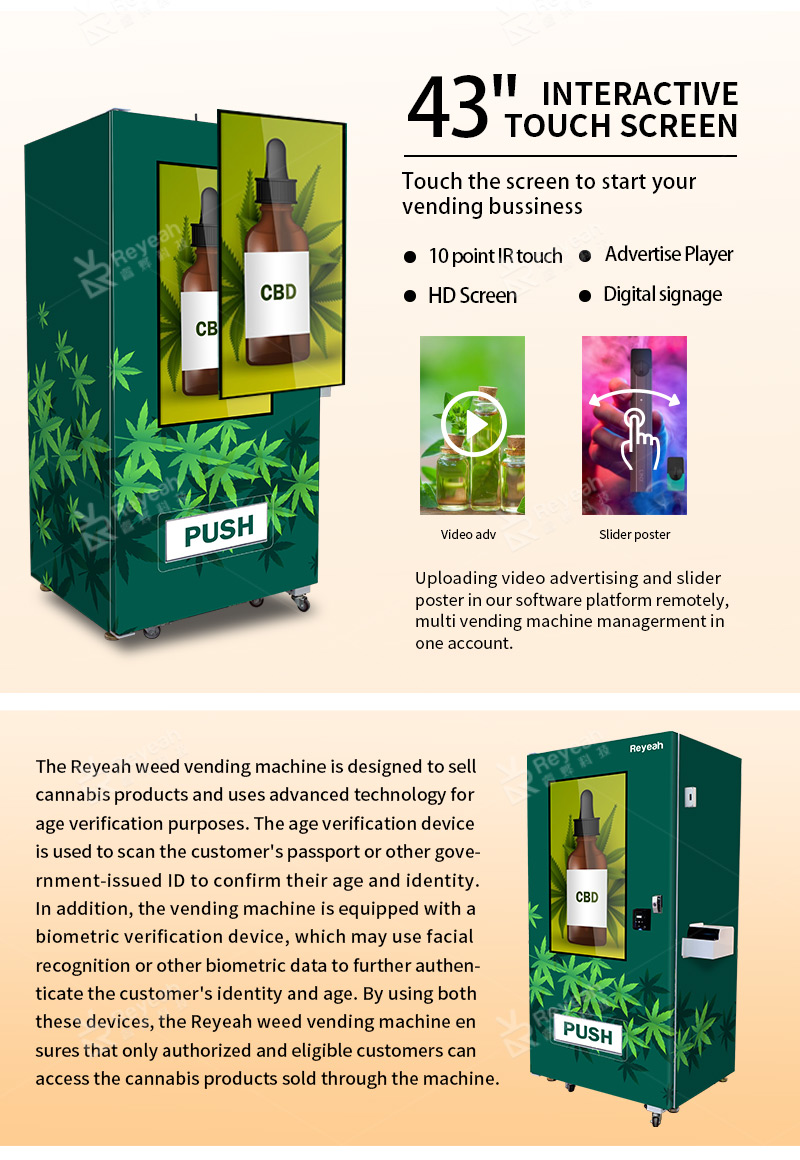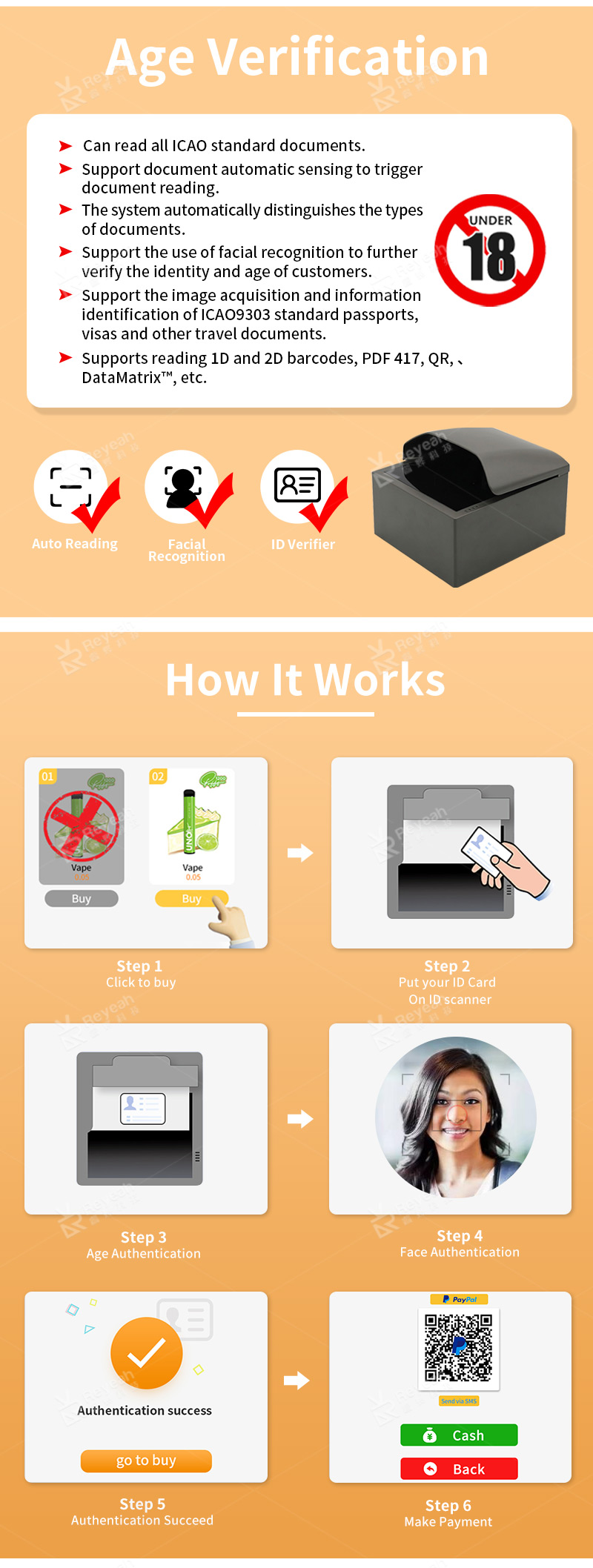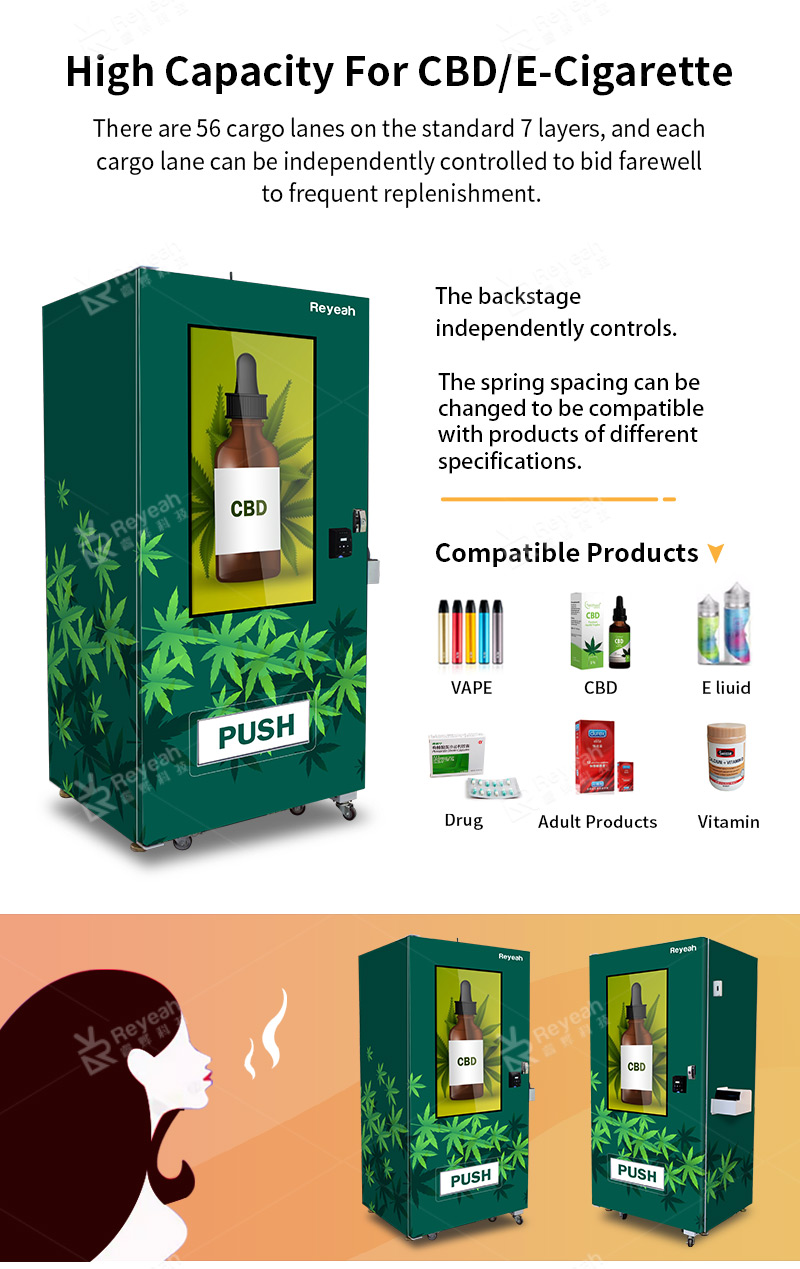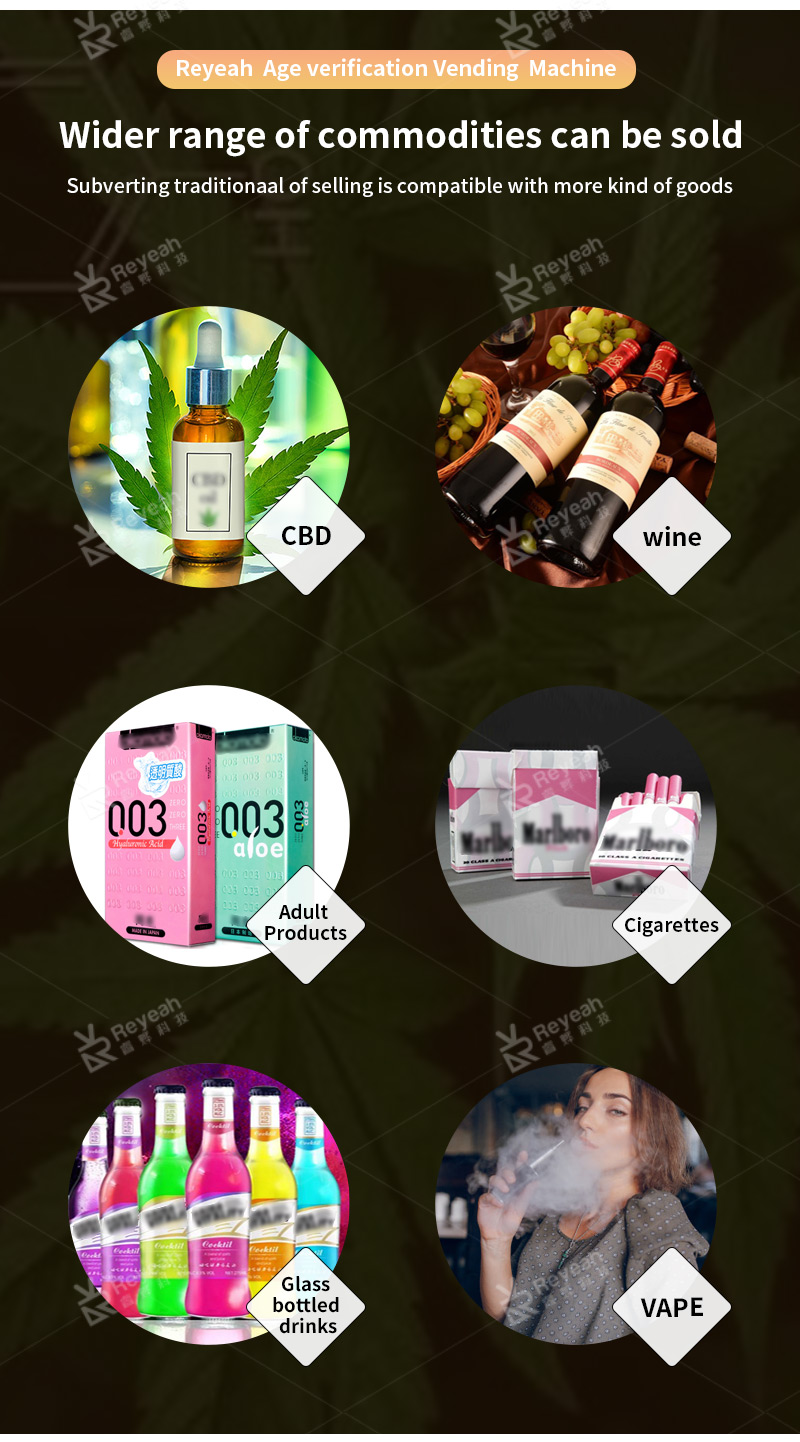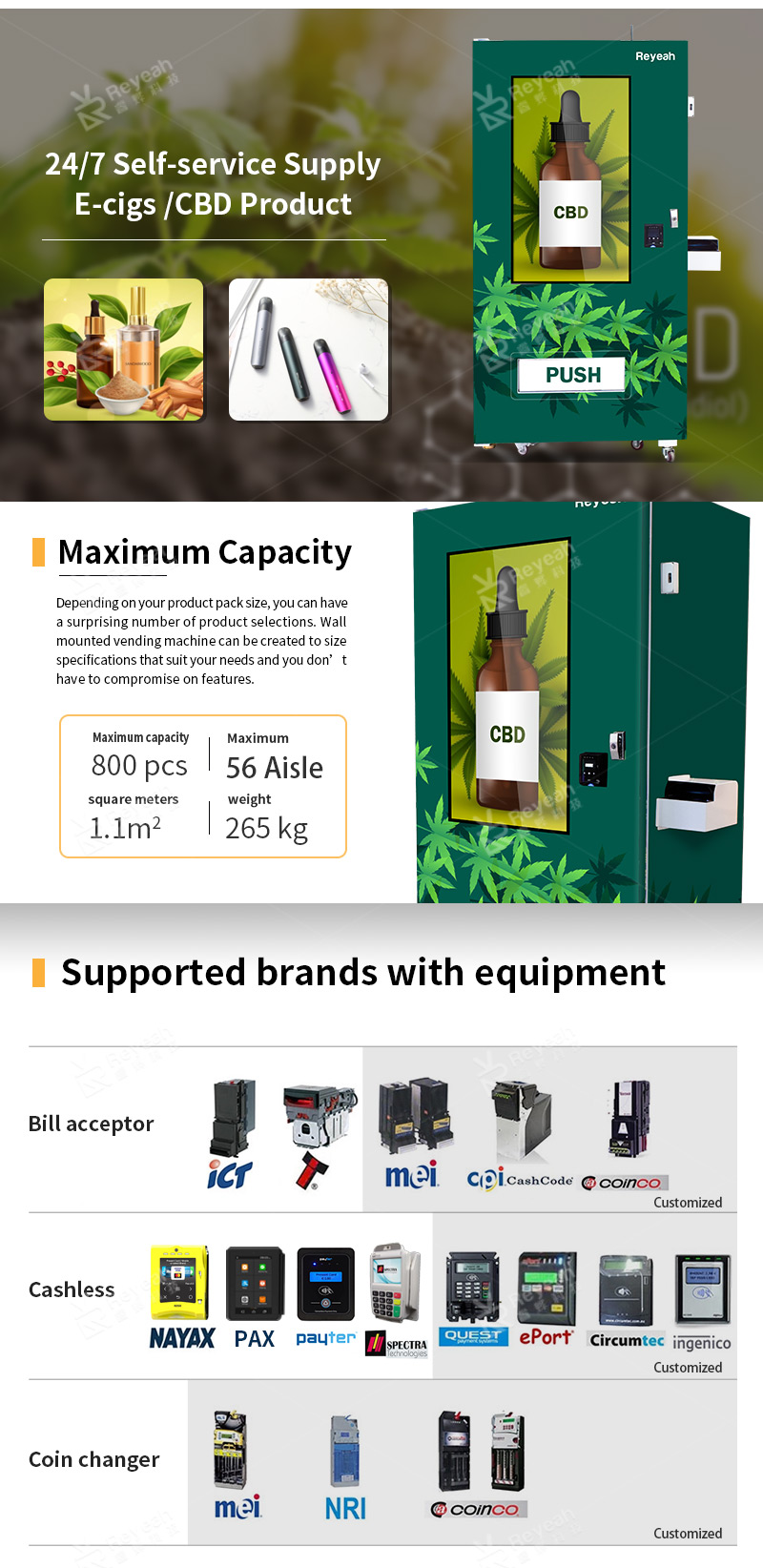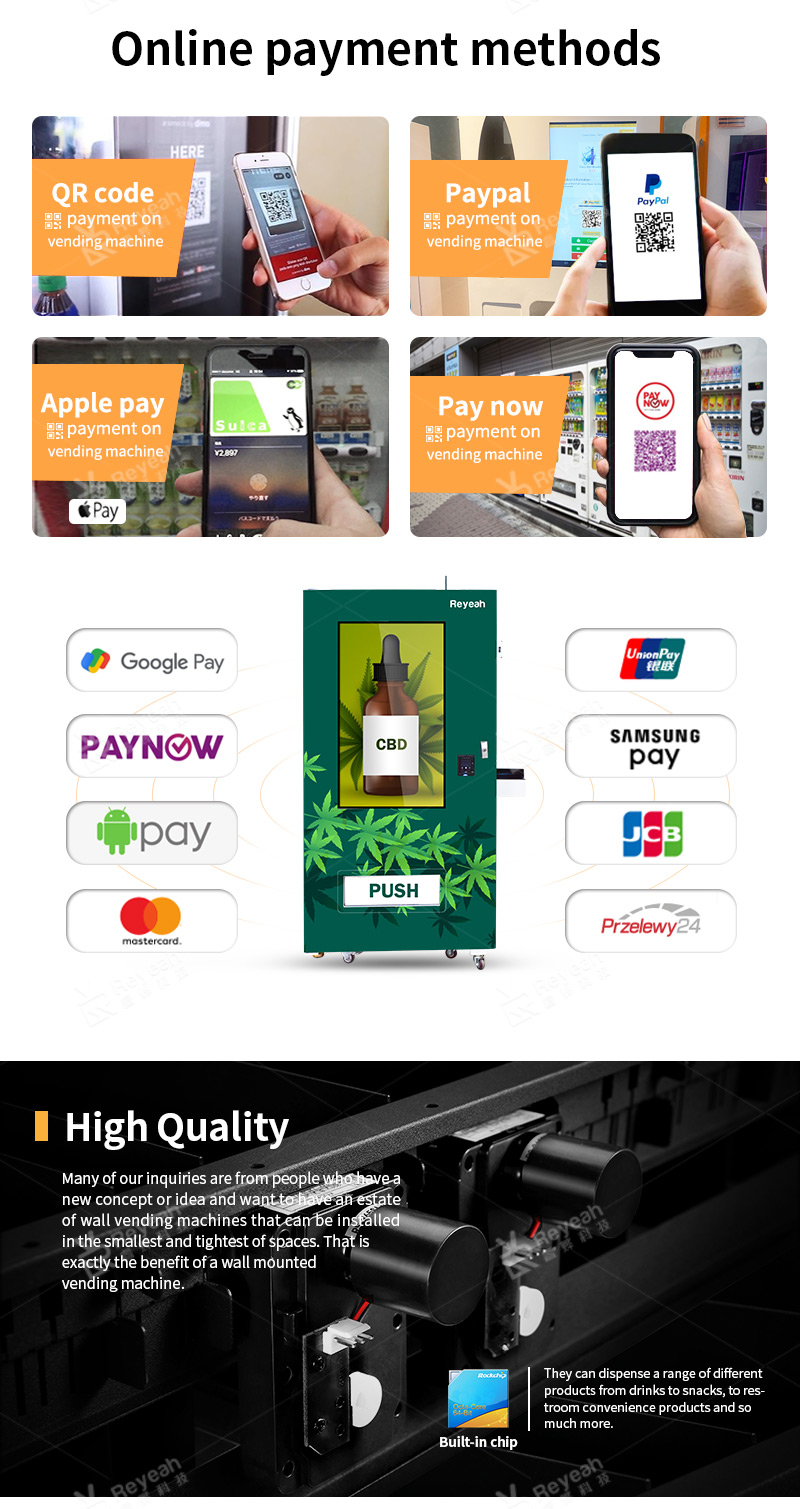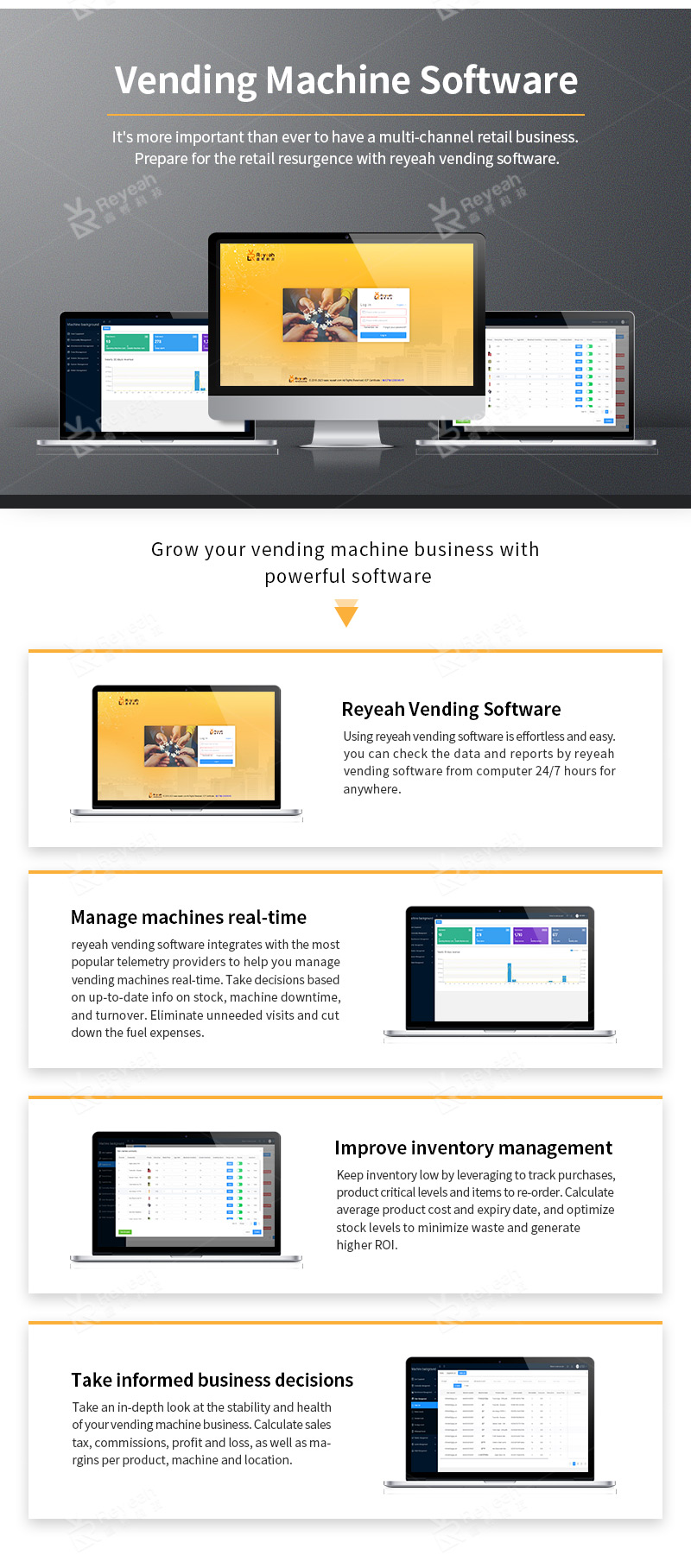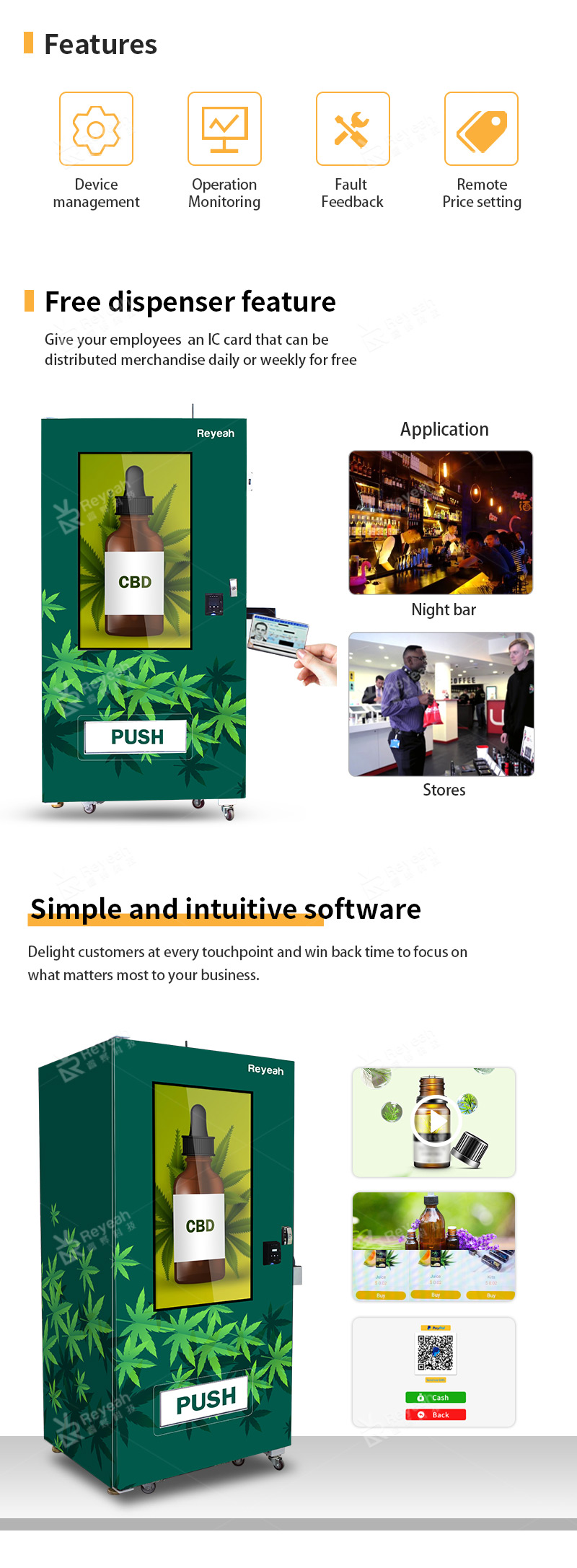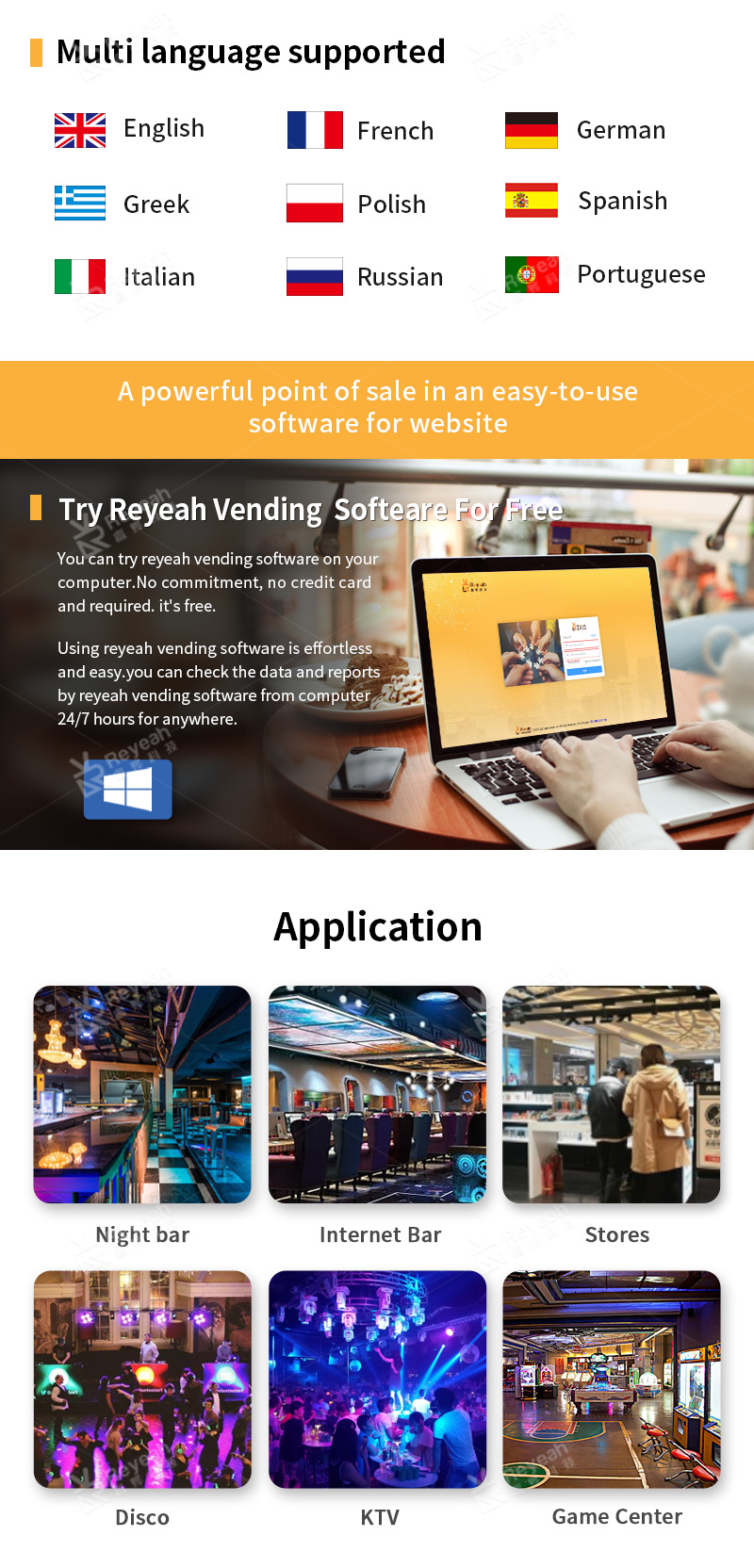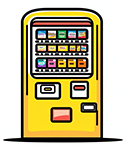In today's fast-paced world, the demand for convenience and instant access to wellness products is higher than ever. One innovative solution that has emerged to meet this demand is the CBD vending machine. Combining the benefits of cannabidiol (CBD) with the convenience of modern technology, CBD vending machines are revolutionizing how people access their favorite wellness products. This article explores the rise of CBD vending machines, their benefits, and their potential impact on the health and wellness industry.
The Rise of CBD Vending Machines
CBD, a non-psychoactive compound derived from the hemp plant, has gained immense popularity in recent years due to its potential therapeutic benefits. People use CBD to manage stress, anxiety, pain, and various other health conditions. As the CBD market continues to grow, so does the need for innovative distribution methods that make these products more accessible.
Enter the CBD vending machine – a self-serve kiosk that dispenses CBD products ranging from oils and tinctures to edibles and topicals. These machines are strategically placed in high-traffic areas such as shopping malls, airports, gyms, and office buildings, ensuring that customers can conveniently purchase CBD products on the go.
Benefits of CBD Vending Machines
Convenience: One of the most significant advantages of CBD vending machines is their convenience. Consumers can purchase their favorite CBD products 24/7 without needing to visit a physical store during business hours. This is particularly beneficial for individuals with busy schedules or those who live in areas with limited access to CBD retailers.
Privacy: For some people, purchasing CBD products can be a private matter. Vending machines offer a discreet way to buy CBD without the potential discomfort of interacting with store personnel or other customers.
Accessibility: CBD vending machines increase the accessibility of CBD products, particularly in regions where physical stores may be scarce. They also provide an excellent solution for reaching new customers who might be curious about trying CBD but are hesitant to enter a specialized store.
Education: Many CBD vending machines come equipped with touchscreens that provide information about the products available, including their uses, benefits, and proper dosages. This educational component helps consumers make informed decisions about their purchases.
Innovation and Technology: The integration of modern technology into vending machines enhances the overall customer experience. Features such as cashless payments, product recommendations based on customer preferences, and even age verification for compliance with local laws ensure that the purchasing process is smooth and secure.
The Impact on the Health and Wellness Industry
The introduction of CBD vending machines is poised to have a significant impact on the health and wellness industry. By making CBD products more accessible and convenient, these machines can help to normalize the use of CBD and integrate it into mainstream wellness routines. This increased visibility and acceptance can drive further growth in the CBD market, encouraging more research and development of new and innovative products.
Moreover, the success of CBD vending machines could inspire similar innovations in the distribution of other wellness products. For example, vending machines for vitamins, supplements, and even healthy snacks could become more common, providing consumers with easy access to a wide range of health-promoting items.
Challenges and Considerations
Despite their many benefits, CBD vending machines also face certain challenges. Regulatory compliance is a significant concern, as CBD laws vary widely between different regions. Ensuring that machines are stocked with products that meet local legal requirements and implementing robust age verification systems are crucial for the successful operation of these vending machines.
Additionally, consumer trust and education remain essential. While vending machines offer convenience, it is important that consumers feel confident in the quality and safety of the products they are purchasing. Clear labeling, transparency about product sourcing, and third-party testing can help build this trust.
